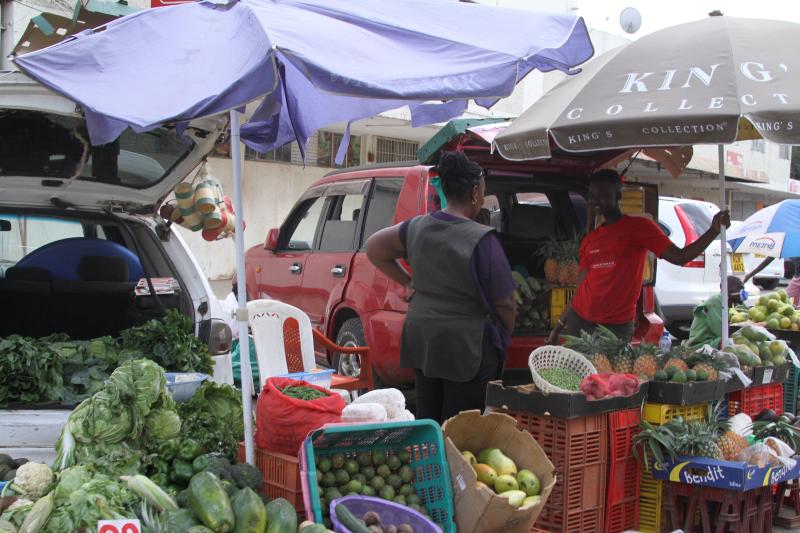×
The Standard e-Paper
Kenya’s Boldest Voice

Mama Mboga may not be making hundreds of thousands every day, but she is sure to make business every day.
In the mornings, as people jog to their places of work, she is sorting out fruits and vegetables in Nairobi’s Wakulima market. She has to be up early, sometimes as early as 3 am, if she has to catch the best farm produce reaching Nairobi in those ungodly hours.







